Autonomy across oceans
The pivotal role of the Wallisian and Futunan community in New Caledonia's future
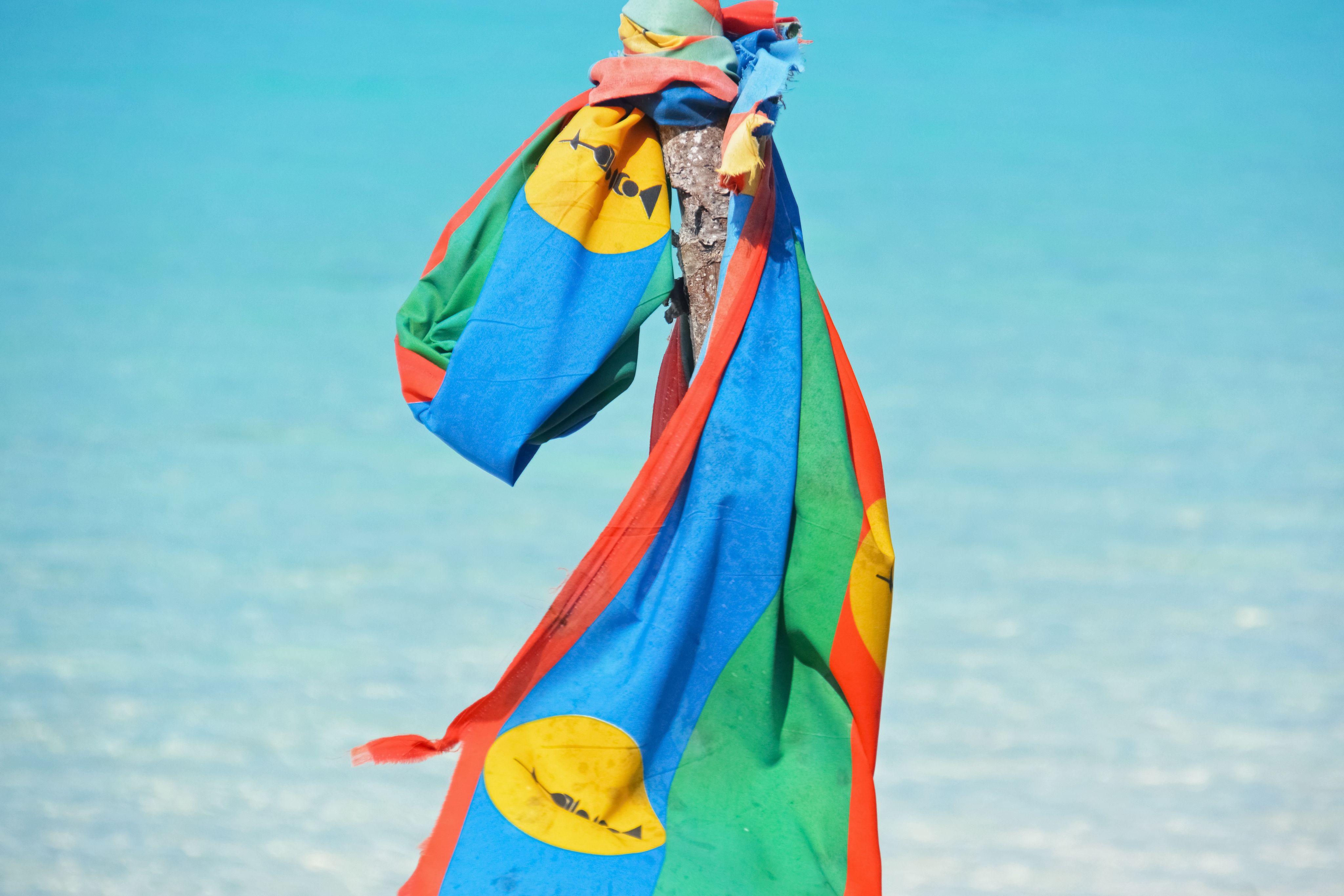
Arno Chollet-Leakava was only a child when violence in New Caledonia reached its peak.
The so-called “events” of the 1980s left a mark on the young Wallisian.
The decade of political assassinations, protests over land distribution and nation-wide blockades did not appear out of nowhere.
More than a century of French colonisation, theft and exploitation on Indigenous Kanak soil was met with fierce resistance from Kanak militants.
Chollet-Leakava was primary school aged in 1988 when the Ouvéa hostage massacre caught the world’s eye.
Members of the militant Kanak and Socialist National Liberation Front killed four French police and took 23 hostage.
The subsequent military operation liberated the hostages but resulted in 19 Kanak deaths and 32 captives.
The massacre proved a turning point and agreements followed, including the Noumea Accord in 1998.
The Accord set New Caledonia on the path to independence in the form of three referenda.
The first two referenda took place in 2018 and 2020 respectively with independence rejected on both occasions.
The final referendum will likely take place 12 December 2021 and will change the future of the country, regardless of the outcome.
Wallisians and Futunans have historically sided with the French ‘loyalist’ camp but Chollet-Leakava breaks with tradition.
He grew up in the Montravel area of Nouméa – home to a strong pro-independence Kanak population during the “events”.
Now in his forties, he is the spokesperson for Mouvement des Océaniens Indépendantistes, a pro-independence political party founded in 2019.
“It’s difficult to come out of that childhood and not be engaged,” he says.
Close neighbours
Wallisians and Futunans make up ten per cent of New Caledonia's population and occupy a unique position.
They too come from a country which was once a part of the French empire and, until 1961, the islands fell under the same administration as New Caledonia.
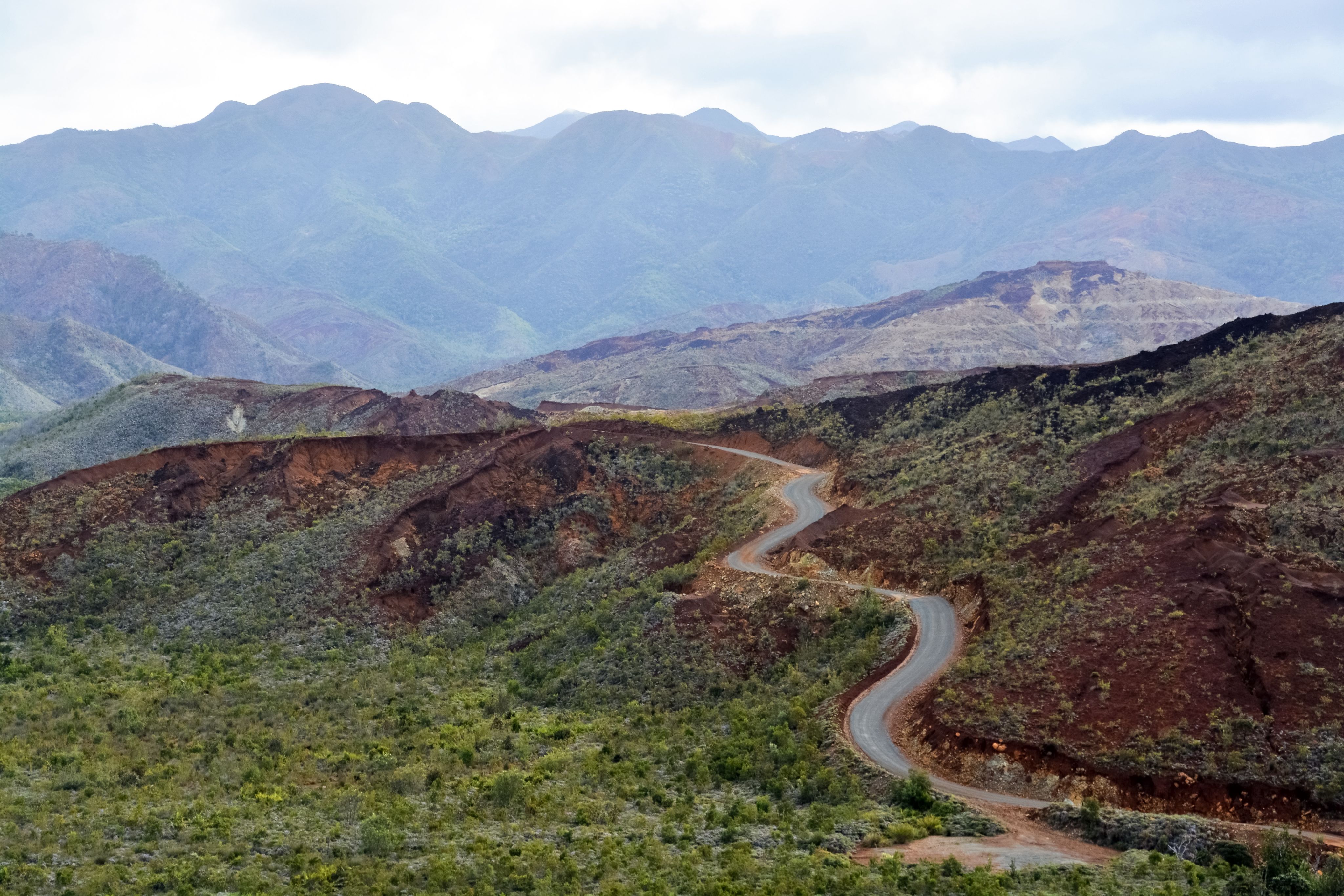
Photo by Jeremy Bezanger on Unsplash
Photo by Jeremy Bezanger on Unsplash
What has made New Caledonia so attractive to workers from nearby Pacific islands – but also the French state – is its mining industry.
New Caledonia possesses around 11 per cent of the world’s nickel deposits and the natural resource has long been the backbone of the economy.
During the 1870s, the French relied on convict, Kanak and Asian coerced labour for its nickel production.
Following the second world war, the French state welcomed unskilled migrants from Wallis and Futuna and French Polynesia to work in the mines.
The ore went to Japan while the processed nickel bars went primarily to France.
By the 1960s, nickel made up around 90 per cent of the territory’s export earnings.
France subsidised New Caledonia – partly for the national prestige – but the value of the nickel exports for the French state far outstripped its financial aid.
This ethnic dimension to labour politics exists still in New Caledonia today.
Around a third of the active working populations of the Kanak and the Wallisian and Futunan communities are labourers, compared to only ten per cent of European Caledonians who are more likely to work in white-collar industries.
Chollet-Leakava’s grandfather migrated from Wallis to New Caledonia for work in the nickel industry.
Chollet-Leakava believes this working-class background and his immediate surroundings influenced his activism.
He explains that his childhood Montravel, like many other working-class areas in New Caledonia, consisted of mostly Kanak and Wallisian residents.
“When you live in an area of 90 per cent Kanaks who demand their independence, you learn that history,” he says, “We came from Wallis, we were familiar with Kanak culture…we support the [same] demand.”
“I started to set up organisations and tried to do joint actions very early on at school. Then, I think the lightbulb moment was when I began high school where we started to see and access information on history and politics.”
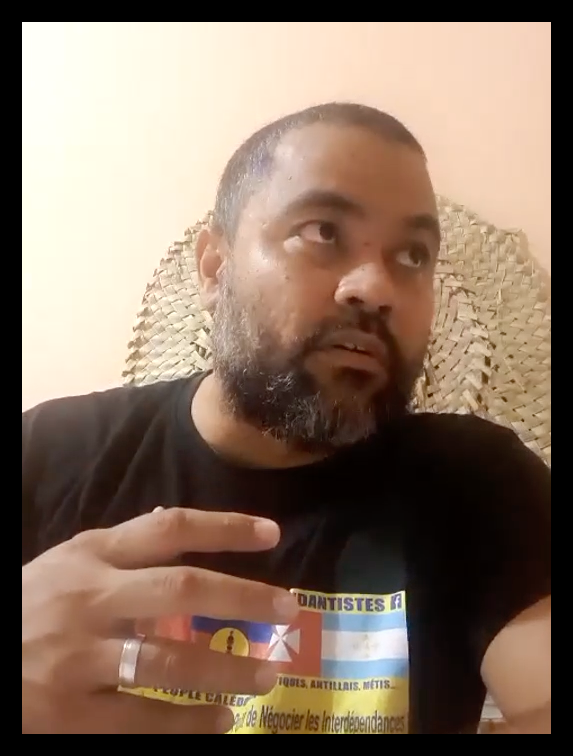
Arno Chollet-Leakava
Arno Chollet-Leakava
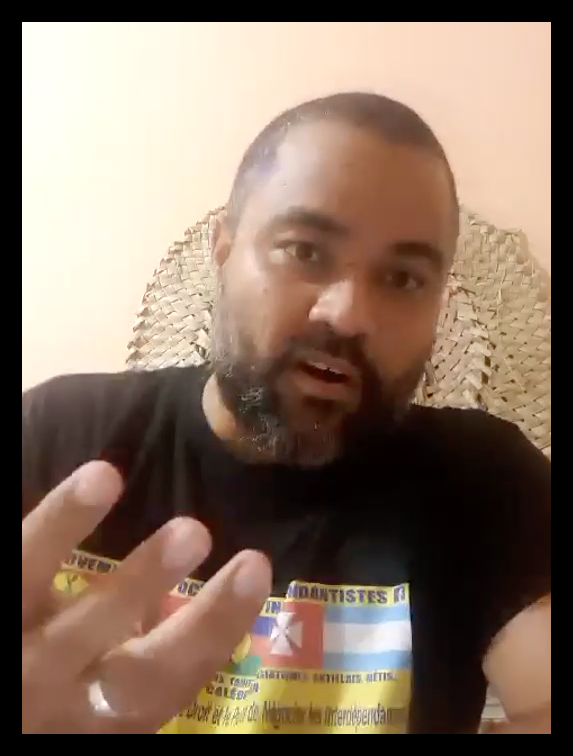
Arno Chollet-Leakava
Arno Chollet-Leakava
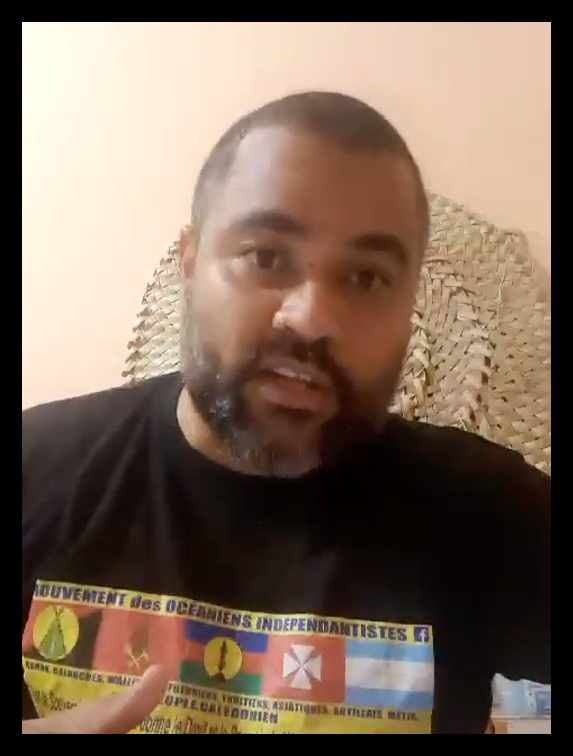
Arno Chollet-Leakava
Arno Chollet-Leakava
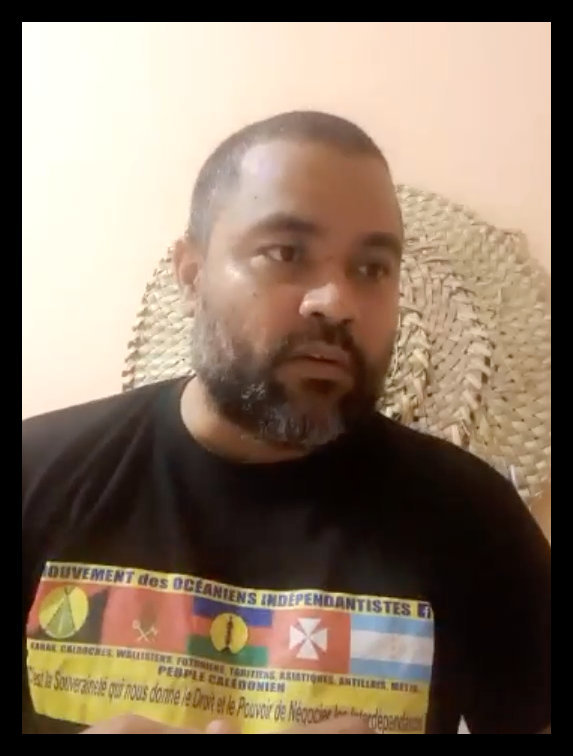
Arno Chollet-Leakava
Arno Chollet-Leakava
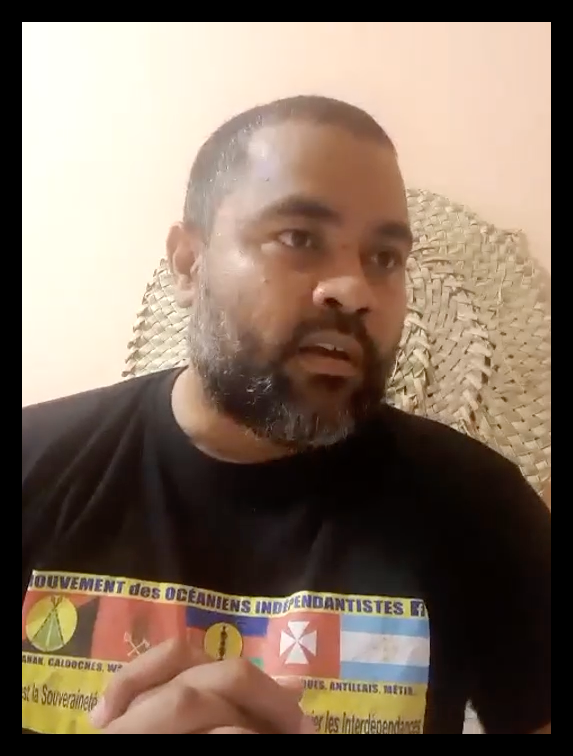
Arno Chollet-Leakava
Arno Chollet-Leakava
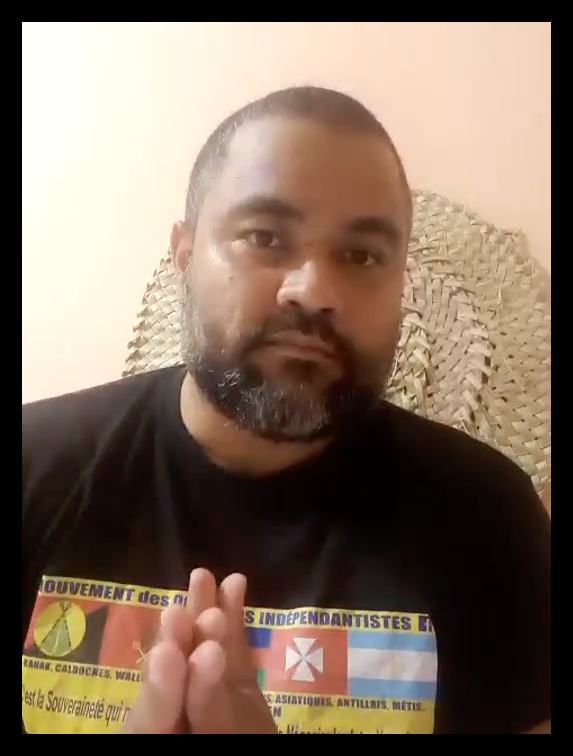
Arno Chollet-Leakava
Arno Chollet-Leakava
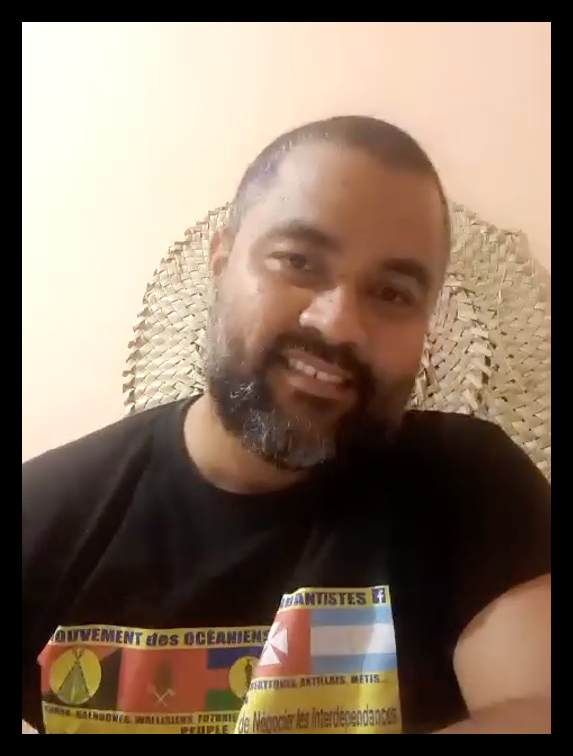
Arno Chollet-Leakava
Arno Chollet-Leakava
Imagine chopping a whole bag of onions while swallowing dry chilli – that's a little what it feels like to inhale tear gas.
Pro-independence protesters were met with canister-wielding police when they took to the streets in objection to the sale of New Caledonia's Goro mine.
They feared that the sale could take one of the country's largest nickel deposits away from domestic control.
The Goro nickel-cobalt mine has been in full operation since 2010.
The mine met with public controversy in 2014 when a chemical spill from the site contaminated a local river.
Originally owned by Vale, the Brazilian company was losing money on the project and looked to sell in 2020.
By the end of 2020, the Goro mine had bloomed into a political open wound.
The scenes of burnt cars and blockades erected by both pro-independence and loyalist counter-protesters echoed those of the 1980s.
As it was during the "events", the nickel industry has continued to be at the centre of the debate on independence.
Pro-independence Kanak believe the nickel should be in the hands of New Caledonia's own people, but French and foreign business interests have consistently denied them this power.
Despite a peaceful 2020 referendum, these protests showed a country that was divided in two.
The tipping point
L’Éveil Océanien has only existed since 2019 but the political party has already left its mark on New Caledonian politics.
Migrants and their descendents from Wallis and Futuna have historically been excluded from exerting a major role in New Caledonian electoral politics.
However, the party won three seats in the most recent Congress elections and have positioned themselves as neither for nor against independence.
Chollet-Leakava explains that Éveil Océanien is different from his own Mouvement des Océaniens Indépendantistes party.
The former stands solely for the Wallisian and Futunan community whereas the latter also has strong Kanak membership and leadership.
Numbers are tight between the two sides in congress.
But Éveil Océanien’s electoral situation means the party could swing as it chooses, University of New Caledonia researcher Dr Pierre-Christophe Pantz explains.
“So they really play the role of kingmaker. It’s them who ultimately allows one or the other to become the majority,” Dr Pantz says.
Power forward
Whether it be 1988 or 2021, the opposing camps on independence have barely moved.
So regardless of which result the final referendum returns, an important question remains:
How is it possible to find a concrete solution for the future of a country so deeply divided in two?
"In fact," Dr Pantz says, "that is the sole question which should exist in New Caledonia."
"When we look a bit at the key trends for the past forty years, we have two large blocks facing each other. We have a Kanak side and a non-Kanak side. We have those pro-independence against those anti-independence."
"We are really in a completely crystallised situation."
Dr Pantz laments how, during debates, the two sides are pitted against each other rather than permitted the breathing space to discuss the projects they have in common.
Chollet-Leakava believes that the opposing groups need to see each other as equals before mutual progress can occur.
"I speak French. I have learnt French history. But do you speak our languages? Do you know the history of our clans, of our chiefdoms? The answer is no." he says.
He is curious to learn from similar struggles in so-called Australia.
"We would like to know how Indigenous Australians are progressing. How are the policies towards Indigenous Australians evolving? Where are they?"
But whether he is protesting outside the Australian consulate on Invasion day or canvassing pro-independence votes, he suspects most activists come from a similar starting point to his own.
"Often it's the feeling of injustice that wakes things up."
